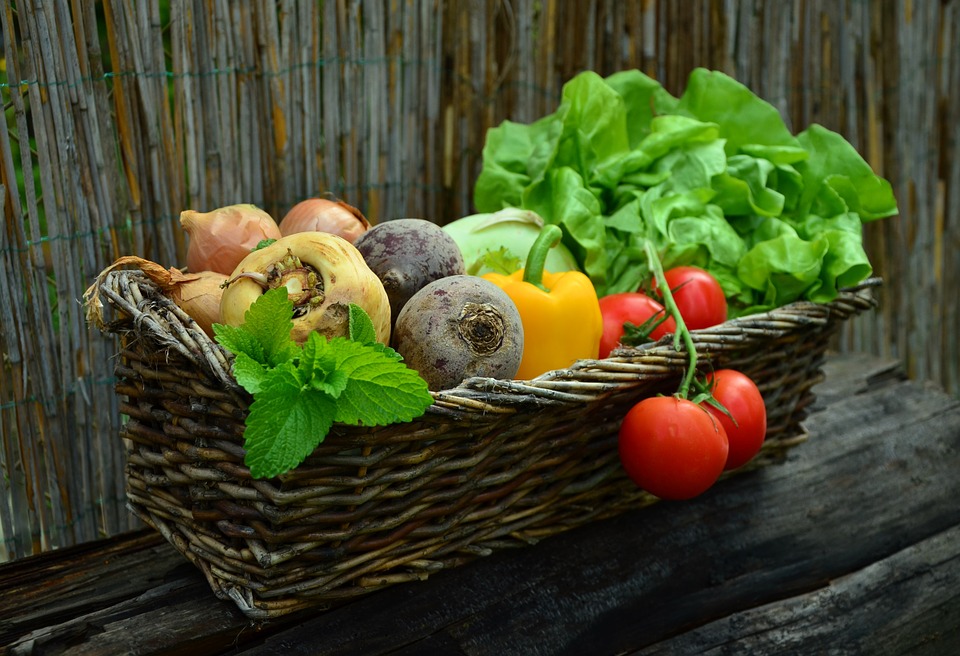
Retail hasn’t always had the greenest of reputations, but recent policies from industry giants like IKEA are definitely a step in the right direction.
In 2016, they followed through on their public commitment to sustainability by sending zero waste to landfill in the UK, and all new stores are built with energy efficiency in mind.
They aren’t stopping there either, with their latest plans involving the creation of revolutionary biodegradable packaging to replace polystyrene.
It’s great motivation for eco-conscious entrepreneurs looking to launch a green retail business, clearly showing that it can be accomplished – and more importantly, that you can make money doing it.
In case you need even more of a push to get started on your own environmentally-friendly shop, we’re sharing a few top tips on how to get yourself established without breaking the bank or undermining your green principles.
#1: picking the right property
Finding the perfect premises to house your new business will be your first challenge, but you’ll manage it easily so long as you remember that it’s all about location. Try to place yourself in the centre of a buzzing high street, in a community where your contribution is needed.
And to save yourself the hassle of trekking up and down viewing countless properties (and keep your carbon footprint low in the process), start the search via an online database. It’ll let you quickly pinpoint an available shop to let that matches both your budget and location criteria.
#2: giving it a facelift
Once you secure the right place, you’ll need to give it a serious facelift to get it looking the part. Keep renovations green by using quality materials (non-toxic paints, for example) and repurposing old furniture or fittings instead of buying replacements.
It’s not only the most environmentally-friendly approach, the personal touch you can add with upcycling will also give your shop some much-needed character.
#3: sourcing appropriate products
Whether you’re planning to sell books or clothing, gifts or organic foods, make sure you source ethical products from sustainable suppliers.
Shop locally when you can, working with likeminded businesses, and only sell goods that you yourself would be happy to buy. If it doesn’t meet your strict eco-conscious standards, it won’t do for your customers either.
#4: going paperless
Think ahead and install the tools to ensure your shop generates the minimum paper waste possible. Invest in the latest till systems and get set up to send digital receipts over email, for example.
And think green when it comes to packaging as well. Legally in the UK, you have to charge customers 5p per carrier bag to try and reduce waste, but you can take it a step further by finding ones made from a biodegradable material or only offering reusable tote bags.
#5: spread the word online
Take your marketing paperless, too, and spread word of the big launch through social media. By connecting online with nearby businesses, you can get a conversation going with them and their customers before your shop doors are even open.
You can also look at online advertising via locally-targeted PPC campaigns, instead of running ads in newspapers.
Do you have any other top tips for launching a green, environmentally-friendly shop? Leave a comment and let us know.





Leave a Comment